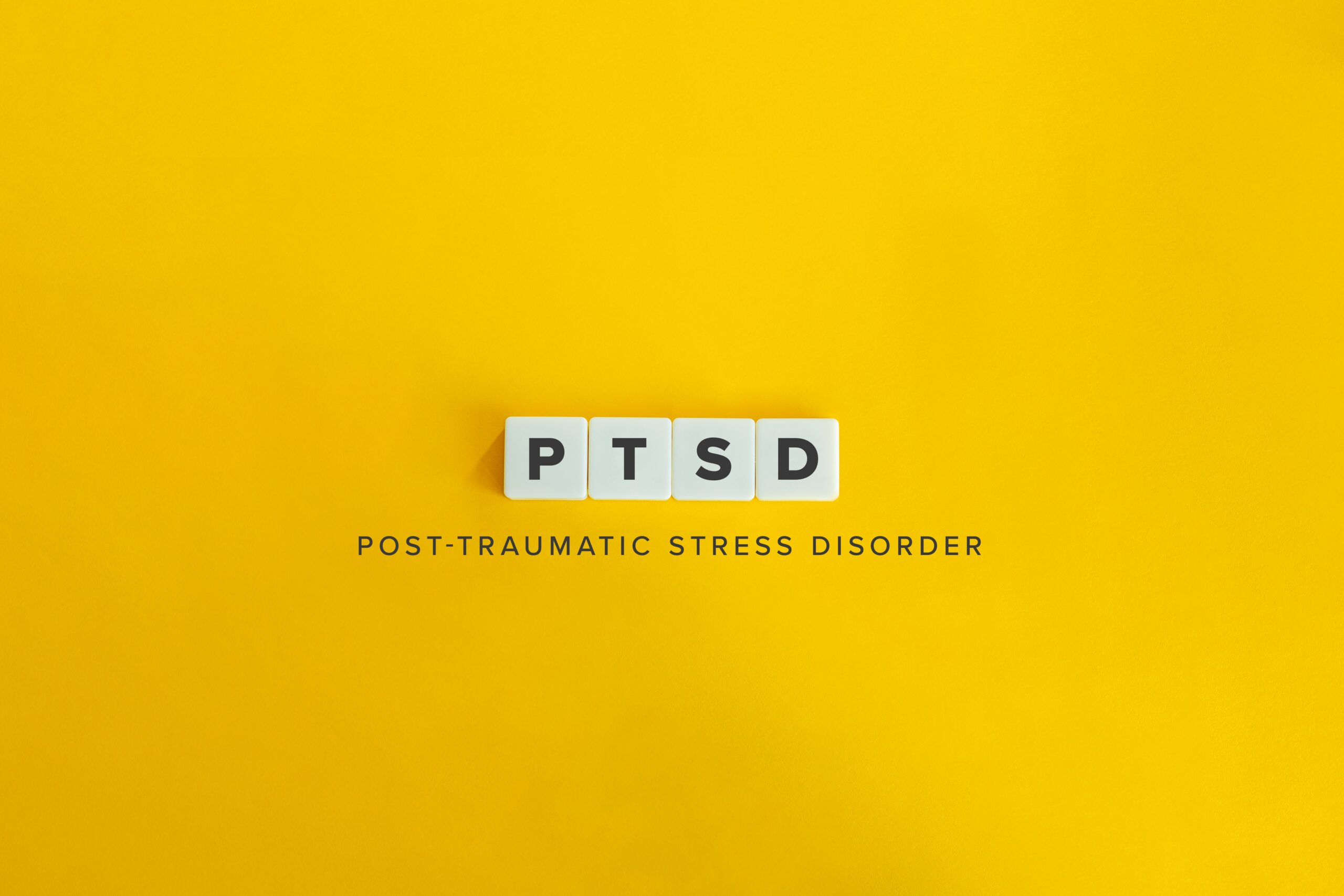Understanding PTSD Prevalence, Symptoms, and Treatment

June 20, 2024
Most people will experience a traumatic event at some point in their lives. Many times, those who experience a traumatic event process it and recover from it. But in some instances, the event has a lasting impact that can significantly affect an individual’s mental health and overall wellbeing.
The U.S. Department of Veterans Affairs estimates that about 6% of the American population experiences post-traumatic stress disorder (PTSD). Statistics from 2020 indicate that about 13 million Americans had PTSD that year.
To understand the best way to treat PTSD, it’s important to understand what it is, the symptoms it presents, and the gaps in care that exist for the millions of individuals navigating the illness.
Trauma and Its Impact
Traumatic events are varied, and individuals process them in their own unique ways. During childhood, trauma can include physical harm or neglect as well as witnessing events that include drug use, death, abuse, or violence. In adulthood, similar traumatic events can have a lasting impact, from sexual abuse or assault to physical violence, combat, or events that result in death or serious injury. Trauma has also more recently been linked to the pandemic as well as experiences related to gender identity, particularly among transgender and nonbinary populations.
Overall though, statistics indicate that women are more likely to experience PTSD than men, while veterans — particularly those who are deployed to war zones — are more likely than civilians to experience the illness.
PTSD Signs and Symptoms
The signs and symptoms associated with PTSD are varied and often develop well after the occurrence of the traumatic event the individual experienced. To receive a PTSD diagnosis, an individual must experience their symptoms for longer than a month and those symptoms need to be severe enough that they interfere with daily life.
It is for this reason, and others, that Quartet Health and other mental health industry leaders consider PTSD a serious mental illness.
Symptoms include flashbacks and recurring dreams, avoiding certain settings or emotions that may trigger symptoms, reacting to stimuli in ways that demonstrate an individual is easily startled, irritable, edgy, experiencing poor sleep habits or engaging in risky behavior, and demonstrating mood or cognition effects.
Difficulty remembering details of a traumatic event, social isolation, negative emotions, exaggerated blame, and negative thoughts about the world and oneself are all indicators of PTSD-related mood or cognition challenges.
Treatment Options for PTSD
The National Institute of Mental Health reports that the typical treatment for individuals experiencing PTSD includes psychotherapy, medication, or a combination of the two together. In addition, support from family and friends is beneficial.
PTSD is a complex condition, not only for the symptoms it presents but also for the common co-occurring conditions that could be experienced at the same time — including, panic disorder, depression, suicidal thoughts, and substance use. The complexity of the illness is an indicator of how it can impact daily activities.
Complex conditions require an informed approach to treatment, and it’s with that understanding that Whole Health by Quartet, a program designed to support patients with serious mental illness, exists. PTSD is among the conditions that Whole Health supports, offering patients a single point of contact for all of their care needs — from physical to mental and behavioral to social.
PTSD, like many serious mental illnesses, needs a wraparound approach to care. By working with payers, Whole Health provides that in a novel way.
Explore more

Quality Mental Health Care, Wherever You Are
At Quartet, we know that mental health care isn’t one size fits all.

Take Your Own Advice: A Note to Therapists on Self Care During COVID‑19
COVID-19 added a layer of complexity for mental healthcare workers, who may be experiencing their own stressors and anxieties related to the crisis.

Fighting Two Pandemics: Supporting Domestic Violence Survivors and Their Mental Health Needs During COVID‑19
For some, following the stay-at-home orders for one pandemic may render them vulnerable to another: domestic violence.



